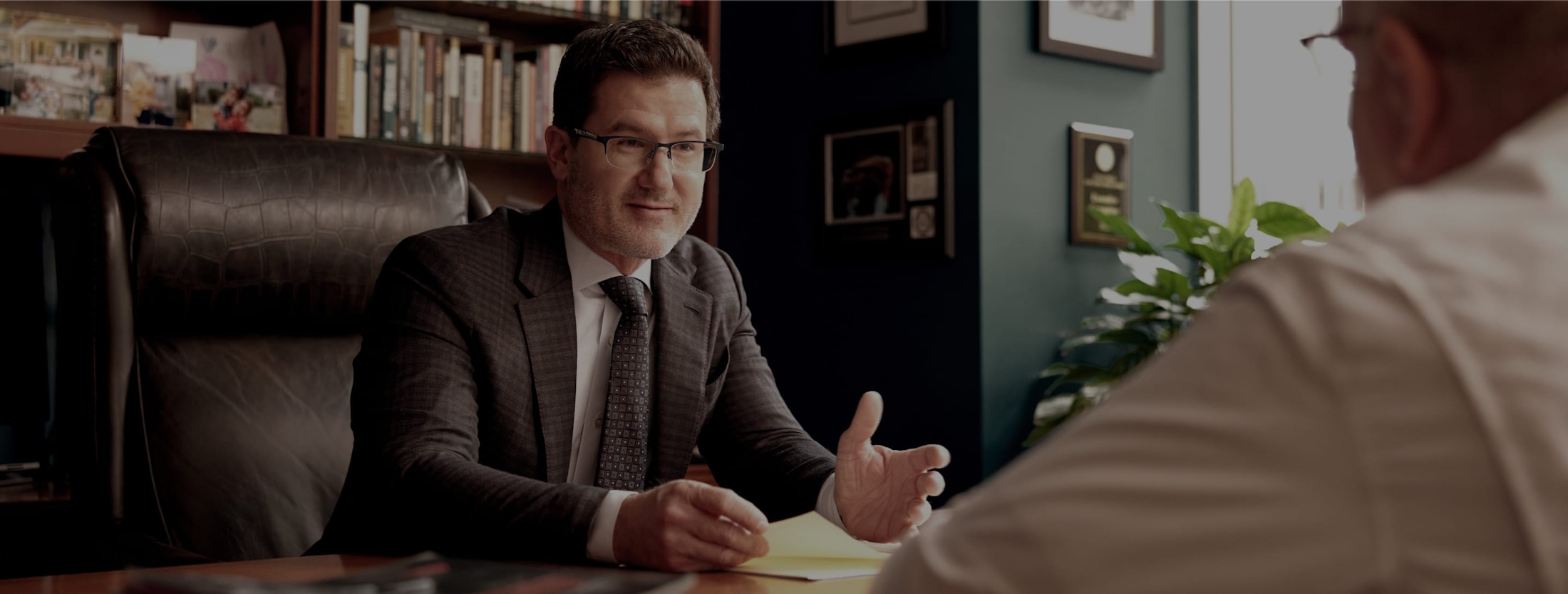Originally Appeared on Bloomberg.com
General Motors Co. has put two civil trials over its defective ignitions behind it without a loss. A third trial started Tuesday in what could be one of its toughest cases: a Texas teenager arrested for manslaughter in a death later linked to the faulty switch seeks compensation.
“This crash was not caused by a reckless 19-year-old but by a defect GM admits existed,” plaintiff Zachary Stevens’s attorney, Katie James, told the jury. “The evidence will show not that Zach was reckless but that GM was.”
GM has “admitted mistakes and errors in judgment” in connection with the ignition switches but wasn’t responsible for Stevens’s crash, Mike Brock, the company’s lawyer said in opening arguments. “What caused this accident? Speeding, failing to maintain control of the vehicle, an illegal and deliberate passing maneuver on the shoulder, and a violent steer” to avoid a guardrail.
GM this year won one trial in New York federal court and got the alleged victim in the other to drop his suit after being accused of lying on the stand. The suits filed in state court like the one in Houston tend to be harder to defeat because plaintiffs don’t need a unanimous verdict, judges often allow more evidence and juries lean toward bigger awards.
GM contends Stevens was driving recklessly when he killed another driver, and the police report says he was speeding. But after Stevens’s lawyer blamed the crash on the defect, a manslaughter charge was dropped. Stevens is seeking compensation for the cost of fighting the criminal case and treating his injuries, though he hasn’t detailed how much that would be. The deceased family has already resolved its claim against GM.
More Cases
Even after the carmaker settled the government’s criminal probe, a shareholder suit and almost 1,800 civil claims over whether GM did enough to address defective ignition switches, hundreds of civil cases remain, leaving open how much the scandal will cost the company.
Already the legal bills have topped $2 billion. Millions of cars were affected, and hundreds more civil cases have been consolidated in New York federal court. Others are in state court cases like Stevens’s.
The Texas judge has said GM can’t tell jurors that Stevens, then 19, was on his way to a substance-abuse recovery class ordered after an arrest for possession of marijuana. A toxicology report showed he wasn’t driving under the influence.
Stevens turned down an $70,000 offer from the GM victims’ fund. The offer, for compensation for his injuries, was equal to what his parents paid for fighting the manslaughter case. His lawyers can tell jurors about the attempted prosecution, but not the settlement offer or GM’s resolution with the deceased driver’s family. And they’ll only be able to say that GM settled the government’s case and what it admitted to, not that it cost $900 million, another lawyer for Stevens, Josh Davis, said before the trial.
Switch Defect
GM recalled millions of vehicles in 2014 over the switch defect, which has been linked to at least 124 deaths and 275 injuries.
“GM knew the defective switches were defective before they even placed them in the cars,” Ray told jurors Tuesday. Yet they put them in 2.6 million American vehicles, she said. “GM knowingly sold the Stevens family a car they knew had a defect.”
“Anything that makes the key jiggle” can trigger stalls in the affected cars, Ray said, disabling safety features including power steering, power brakes, air bags and even seat belts that don’t work as designed. The Stevens car, a 2007 Saturn Sky, wasn’t recalled until three years after the accident, she said. The air bag in the Sky didn’t deploy in the accident.
“GM has admitted GM engineers made mistakes and errors in judgment in the way this switch was released and included in vehicles,” Brock, the company’s lawyer, told jurors. “The part should not have been approved in the way that it was.”
But he urged jurors to concentrate not on GM’s mistakes but on those by Stevens. “This accident was not caused by a defective switch,’’ he said. “This car operated as it was designed to.”
GM also disputes the plaintiff’s claims of lingering effects from the fractured skull he sustained in the accident. While it was a “serious injury,” Brock said, “he’s doing pretty well today.” At the time of the accident Stevens worked waiting tables as a college student. He now coaches gymnastics. “He’s doing well in that job,” Brock said.
The case is Stevens v. General Motors LLC, 2015-04442, District Court, Harris County, Texas (Houston).

